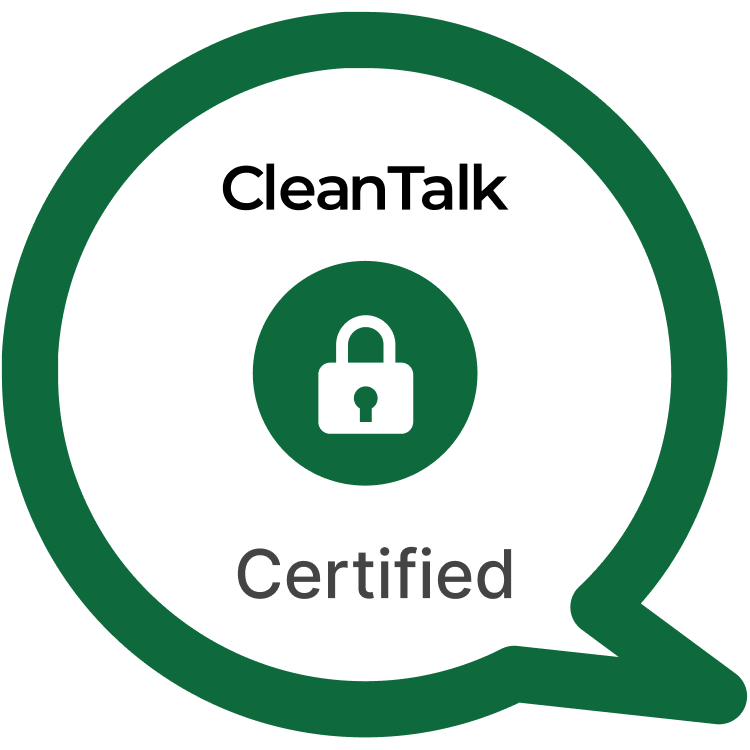In the realm of WordPress plugins, security is paramount. With millions of websites relying on these plugins to enhance functionality and user experience, any vulnerability can have widespread and severe implications. One such critical vulnerability has been identified in the “System Dashboard” plugin, designated as CVE-2023-7246. This vulnerability leverages Cross-Site Scripting (XSS) via Header Injection, potentially allowing attackers to gain administrator access and wreak havoc on affected websites. In this article, we will delve into the discovery, mechanics, exploitation, risks, and recommended security measures associated with this vulnerability.
Plugin Security Certification: “Recent Posts Widget Extended” – Version 2.0.2: Use Posts widget with Enhanced Security

The “Recent Posts Widget Extended” plugin is a powerful tool designed to enhance your WordPress site by displaying recent posts in a customizable and flexible manner. Whether through a shortcode or widget, this plugin offers advanced features for showcasing recent content, including thumbnails, excerpts, post dates, and more. Now, with its recent Plugin Security Certification (PSC) from CleanTalk, you can confidently integrate this plugin into your site knowing it meets high security standards.
Plugin Security Certification: “Social Sharing Plugin – WordPress Social Sharing Plugin” – Version 3.3.68: Use Social Sharing with Enhanced Security

The “Sassy Social Share” plugin, a recipient of the Plugin Security Certification (PSC) from CleanTalk, offers a secure and comprehensive solution for adding social sharing capabilities to WordPress websites. With over 100,000 active installations, this plugin is celebrated for its extensive support of over 100 social sharing and bookmarking services, ensuring a versatile and user-friendly experience for website visitors.
Plugin Security Certification: “Easy FancyBox – WordPress Lightbox Plugin” – Version 2.3.17: Use Lightboxes with Enhanced Security

The “Easy FancyBox” plugin, a recipient of the Plugin Security Certification (PSC) from CleanTalk, offers a secure and feature-rich solution for implementing lightboxes on WordPress websites. With over 200,000 active installations, this plugin is renowned for its lightweight and flexible functionality, providing users with a seamless experience for viewing images and media content.
Plugin Security Certification: “All in One SEO” – Version 4.9.2: SEO Plugin for WordPress with Enhanced Security

With the advent of the Plugin Security Certificate (PSC) from CleanTalk, the “All in One SEO” plugin has reached a new level of trust and reliability. This certification underlines the commitment to reliable security measures that guarantee the integrity of the management of this plugin in WordPress.
CVE-2024-4149 – Floating Chat Widget – Stored XSS – POC

Plugins like the Floating Chat Widget for WordPress offer seamless integration of chat functionalities with popular messaging platforms, enhancing user engagement. However, the discovery of CVE-2024-4149—a Stored XSS (Cross-Site Scripting) vulnerability in this plugin—highlights the critical importance of securing these communication tools. This article provides an in-depth look at the vulnerability, its implications, and steps for mitigating the associated risks.
Plugin Security Certification: “Search & Replace” – Version 3.2.3: Search & Replace data in DB with Enhanced Security
CVE-2024-4145 – Search & Replace – SQL injection – POC

SQL injections can compromise the entire website, allowing attackers to steal data, alter content, or gain administrative access. Real-world examples include attackers using SQL injections to extract user credentials, inject malware, or deface websites. The “Search & Replace” plugin’s vulnerability exemplifies how even widely-used tools can become vectors for such attacks.
CVE-2024-4924 – Sassy social share – Stored XSS to backdoor creation – POC

WordPress plugins play a crucial role in extending the functionality of websites, but they also introduce potential security risks. One such vulnerability, identified as CVE-2024-4924, has been discovered in the Sassy Social Share plugin. This flaw allows attackers to execute stored cross-site scripting (XSS) attacks, leading to the creation of a backdoor for account takeover. This article explores the discovery, exploitation, and implications of CVE-2024-4924, along with strategies to enhance WordPress security.
Plugin Security Certification: “SVG Support” – Version 2.5.5: Use SVG Files with Enhanced Security

The “SVG Support” plugin, a vital tool for safely uploading and using SVG files in WordPress, has successfully passed the Plugin Security Certification (PSC) by CleanTalk. This certification ensures that the plugin adheres to stringent security standards, providing users with enhanced safety when integrating SVG files into their websites.